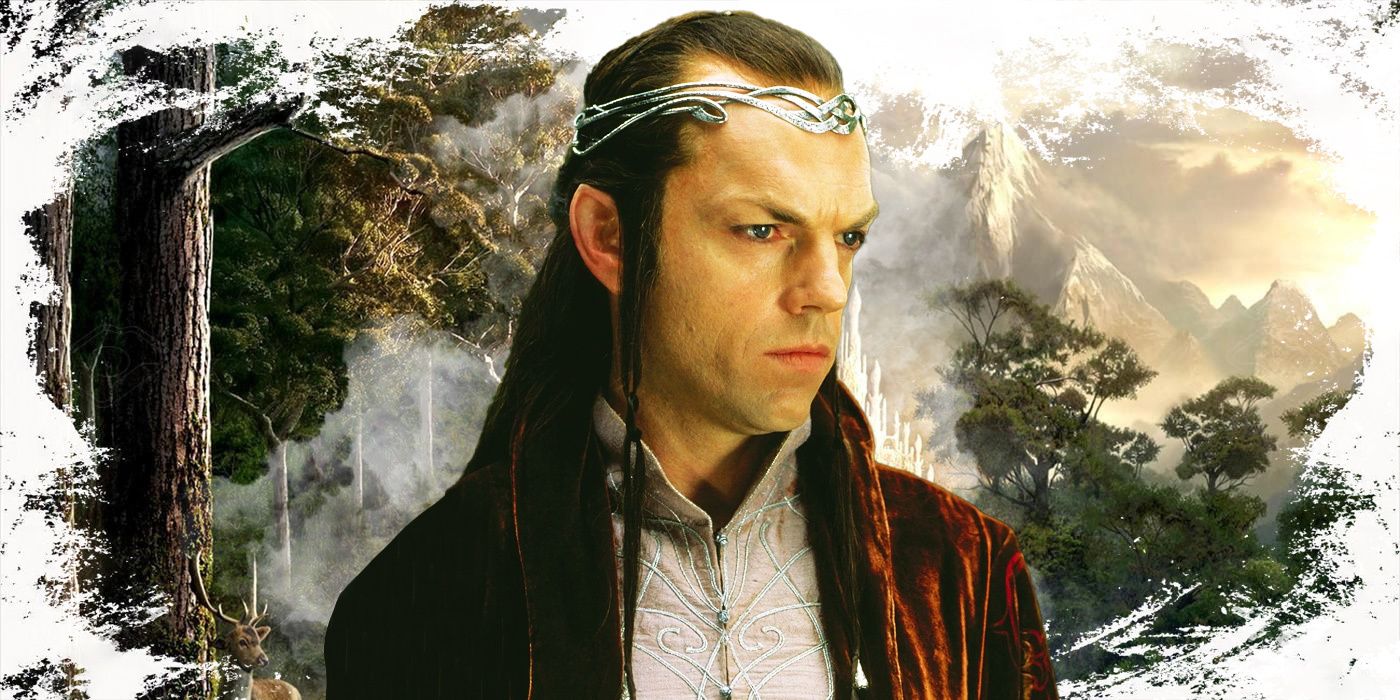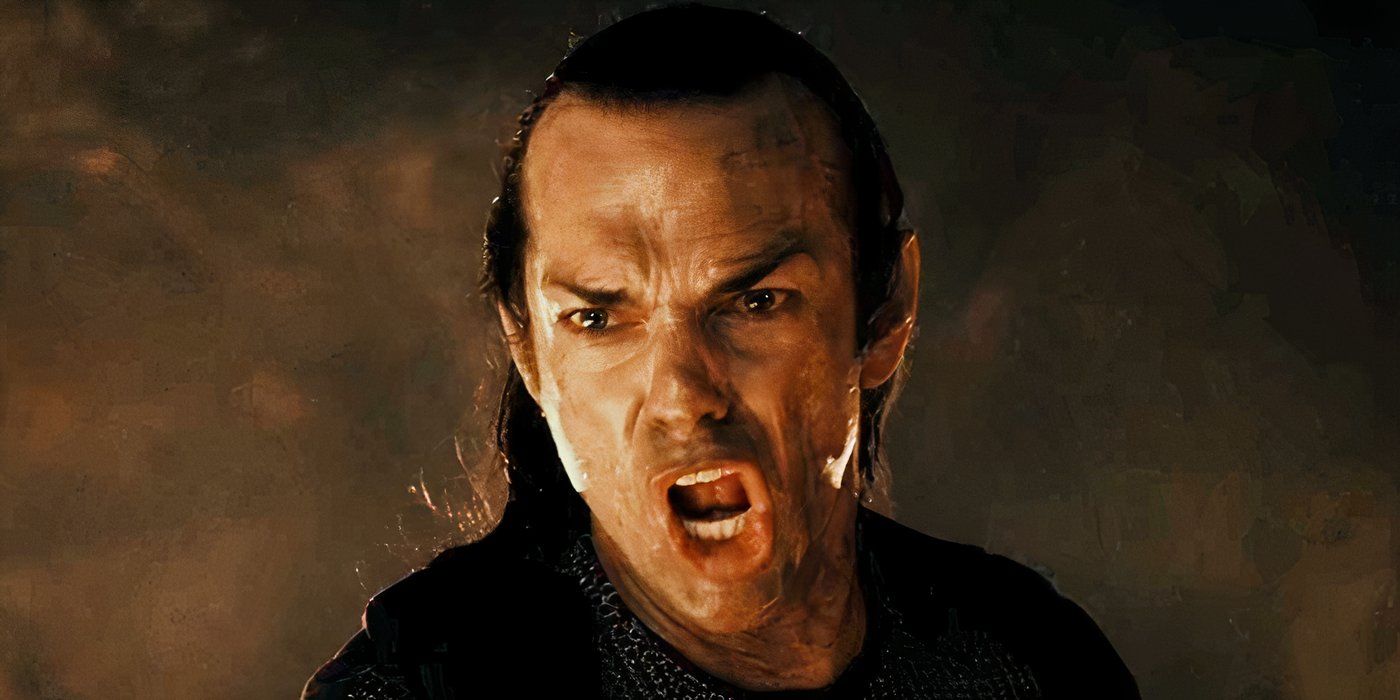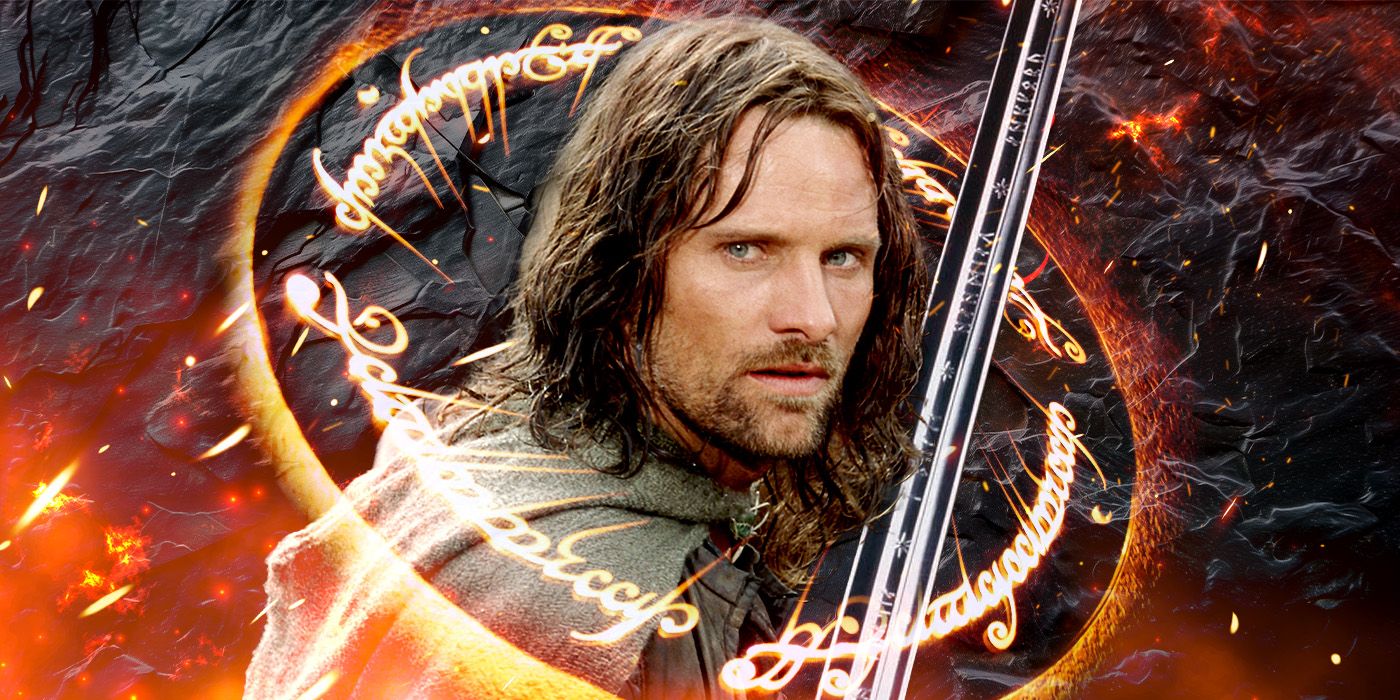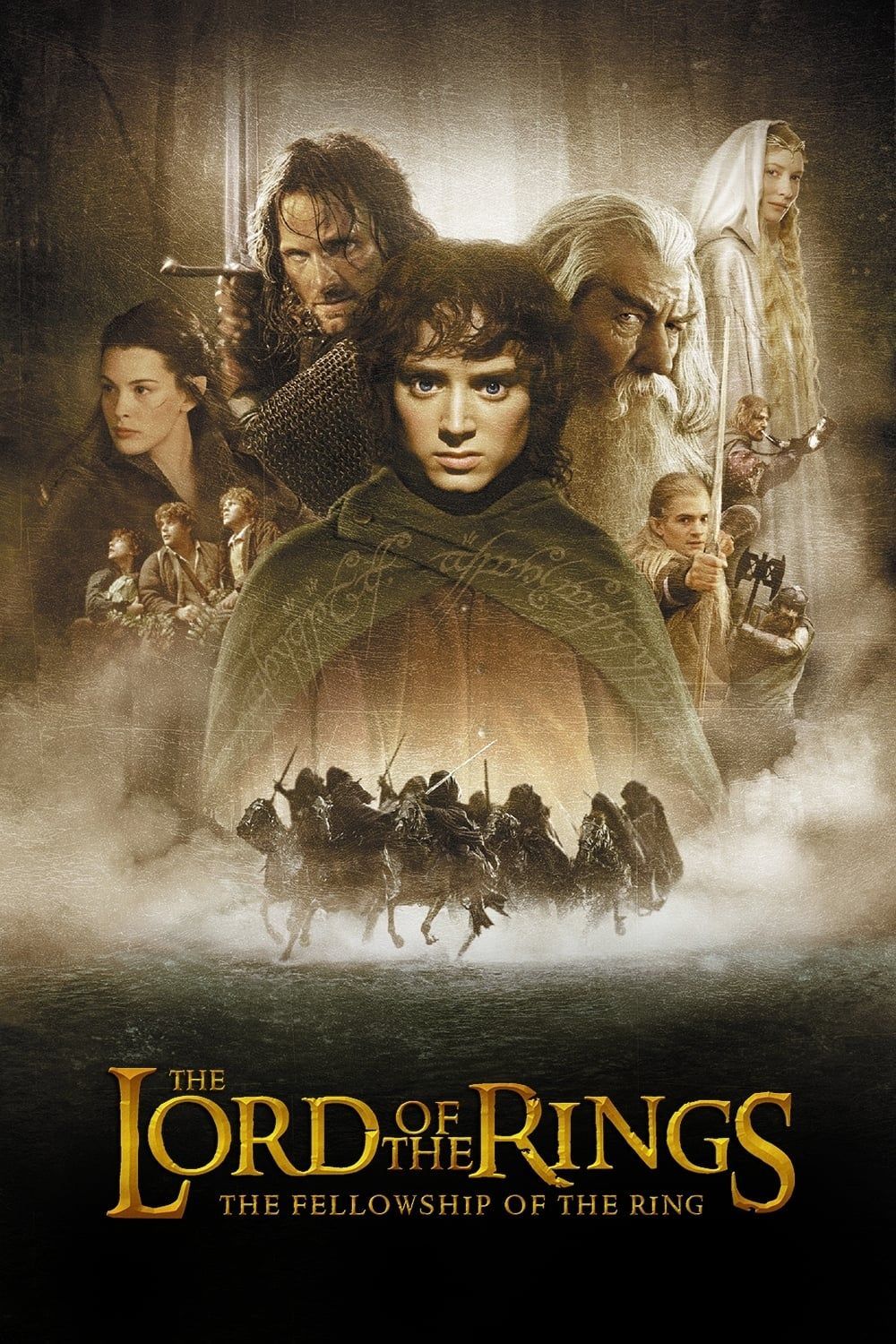Its a decision that echoes with tragic gravity throughout the entireLord of the Ringssaga.
But why didnt Elrond act?
The answer is layered bound by political reality, emotional restraint, and a dangerously underestimated evil.

Image via New Line Cinema
To understand Elronds restraint, we must first recognize the context of that moment.
The Last Alliance had just achieved the unthinkable: the physical defeat of Sauron.
His grief was raw, his victories hard-earned.

Image via New Line Cinema
When Elrond urged Isildur to cast the Ring into the fire, he refused.
However, this iconic scene was purely made for the silver screen.
Tolkien’s books, Isildur and Elrond never went to Mount Doom.

In both the cinematic and literary depictions, Elrond, though a revered elf-lord, was not Isildurs superior.
Men and Elves stood as allies, and Elrond had no legal right to force Isildurs hand.
Although Elves are god-like beings, similar to the Valar, they are still vulnerable to great darkness.

Even the likes of Galadriel and Gandalf dared not to interfere.
This is exemplified in the scene whereFrodo gives Galadriel a chance to take the Ring.
Her vision showed her ambition to be a powerful queen who ruled through fear.

Elronds own restraint may have been rooted in that very fear.
To hold it long enough to destroy it, without being drawn into its shadow?
Too many rings to keep track of!

Yes, Elrond knew it was dangerous.
He knew it had been forged in Mount Doom and carried a piece of Saurons own soul.
Yet, the scope of its corruptiveness was still vague, even to the wisest.

The idea that the Ring could not be wielded for good had not been fully explored.
Elrond regrets in the LOTR passage, “Isildur took it, as should not have been.
“The elf-lord had witnessed firsthand how evil corrupts and how wisdom is forsaken against will.
In that way, Elronds inaction becomes a fateful thread that triggered the entirety of the LOTR lore.
Had he acted, the story would have ended right then and there.
Your Rating
Your comment has not been saved